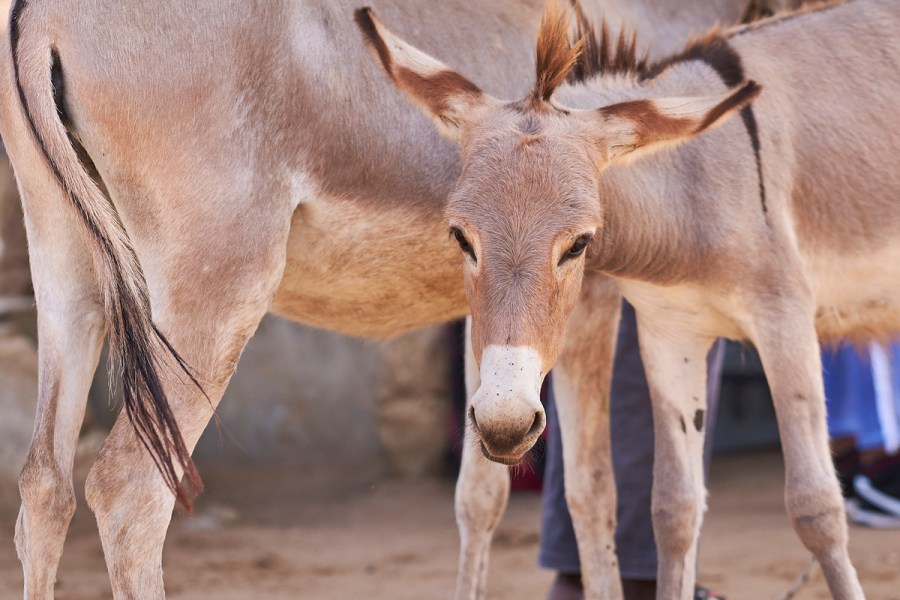Governments must invest in animal health services if the world is to avoid future pandemics, according to a new report from the Action for Animal Health coalition.
An estimated 60% of known infectious diseases and up to 75% of new or emerging infectious diseases come from animals, yet underinvestment in the animal health sector has led to shortages in the veterinary workforce, medicines and vaccines, and gaps in disease surveillance, the report has revealed.
The number and quality of animal health workers varies wildly around the world. Pakistan, for example, is estimated to have an animal population of one billion, compared with the UK’s 131 million. However, Pakistan has just 12,000 registered vets compared to the UK’s 24,000. Gaps in the workforce mean diseases could spread untracked, the coalition warned.
“While One Health [an approach where multiple sectors work together to achieve better public health] is gaining traction at a global level to combat emerging health threats, there are significant barriers to delivering it on the ground because of the lack of investment in animal health systems,” said Dr Klara Saville, coalition member and Head of Global Animal Health, Welfare, Community Development and Research at Brooke. “Outbreaks of animal and zoonotic diseases, and antimicrobial resistance, are the inevitable result of this lack of investment.
“In this report we set out the case for why we need to pay closer attention to the health of the animals we depend on to implement One Health and for sustainable development. With Avian Influenza rapidly spreading across species and borders, this is the time to take action. We are only as strong as our weakest health system, and we need to invest in animal health to prevent the next pandemic.”
The report, The Case for Investing in Animal Health to Support One Health, recommends stronger investment in the animal health workforce, surveillance, and improved access to veterinary medicines and vaccines in order to boost animal health systems. It also argues there must also be better communication and data sharing across the One Health sectors.
“Healthy animals are essential to human health,” added a Brooke spokesman. “With humans and animals living in increasingly closer proximity, animal health must receive appropriate investment if a One Health approach is to succeed.”
Lead image by Xaume Olleros for Brooke
Check out our subscription offer









